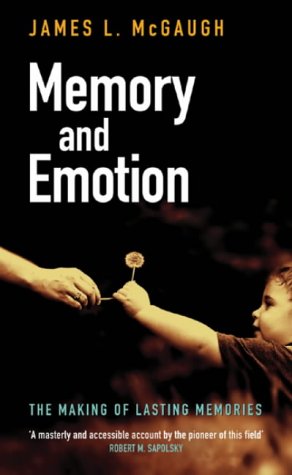Sinopsis
Memory is central to our existence. But not all memories are created equal. As the novelist Doris Lessing observed, 'It's extraordinary how little we do remember. It's almost as if memory is not considered useful by nature'. So how does memory work, and why do most experiences leave little trace while some leave memories that last a lifetime? Drawing on many fascinating case studies, the author, a distinguished neuroscientist, reveals how some of the best clues to understanding how memories are created come from understanding how memories are lost. He shows how lasting memories are not stored instantly. Rather, the consolidation of long-term memory takes time, and the disruption of newly consolidating memories leaves them permanently weakened. But why is time required? Is the brain a design failure? Perhaps, but most likely not, says the author. The slow consolidation of memory has, he contends, an important adaptive consequence. It allows physiological processes activated by experiences to regulate the strength of the memory for the experiences. Experiences initiate the consolidation of memory. Emotionally arousing experiences also induce the release of stress hormones, which can then act on the brain to influence the consolidation of recent experience. Insignificant experiences therefore leave only fleeting traces and significant experiences become memorable, findings that have important implications for the controversial issues of post-traumatic stress disorder and repressed memory syndrome.
Acerca del autor
James L. McGaugh is Director of the Center for Neurobiology of Learning and Memory at the University of California in Irvine. He pioneered research into the influence of drugs and hormones on memory, and has written more than 400 scientific papers and co-authored several textbooks. He has appeared on numerous television programmes, including documentaries for the BBC and PBS.
"Sobre este título" puede pertenecer a otra edición de este libro.
